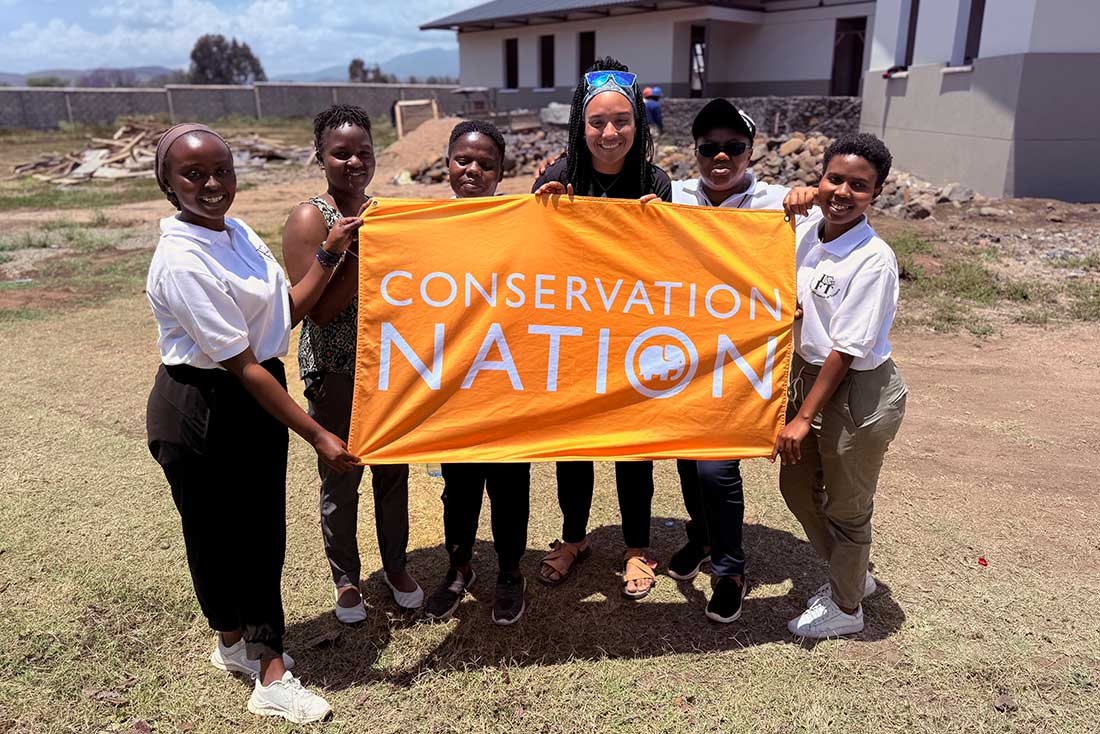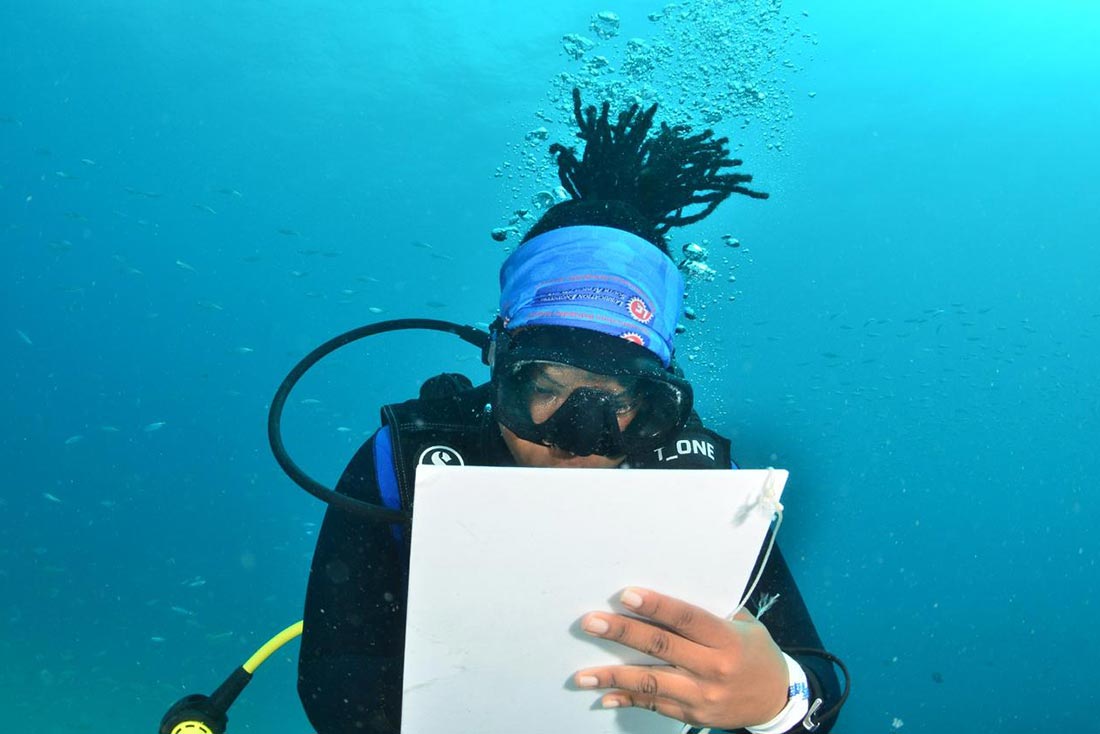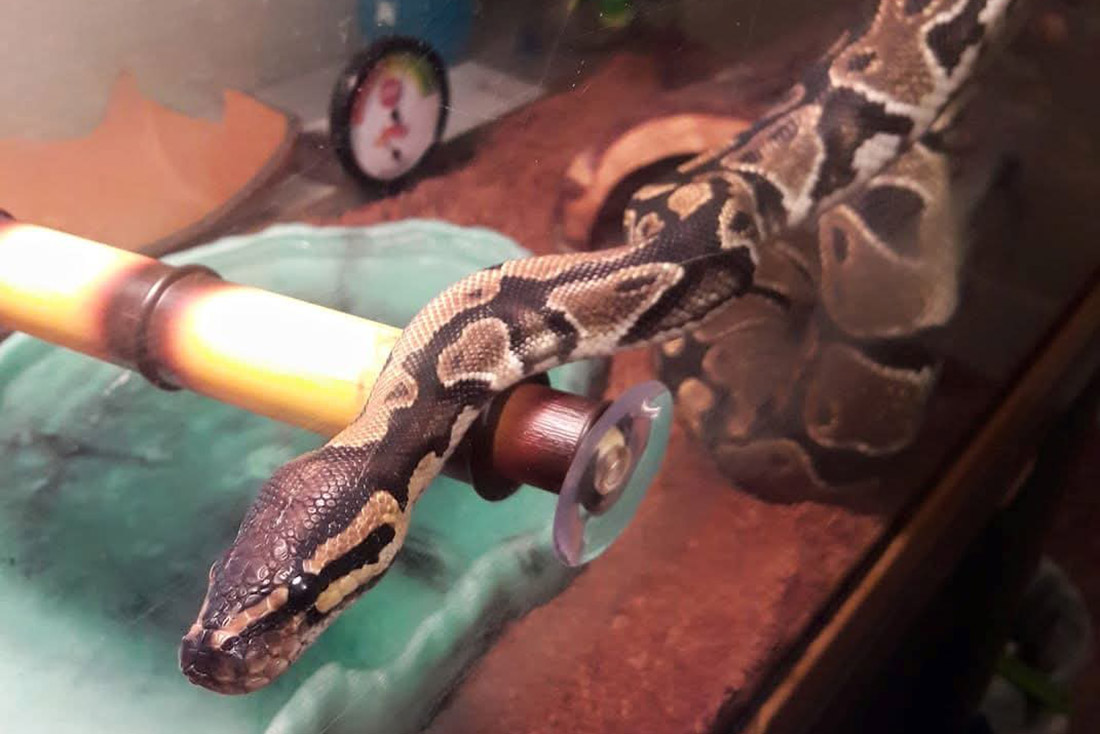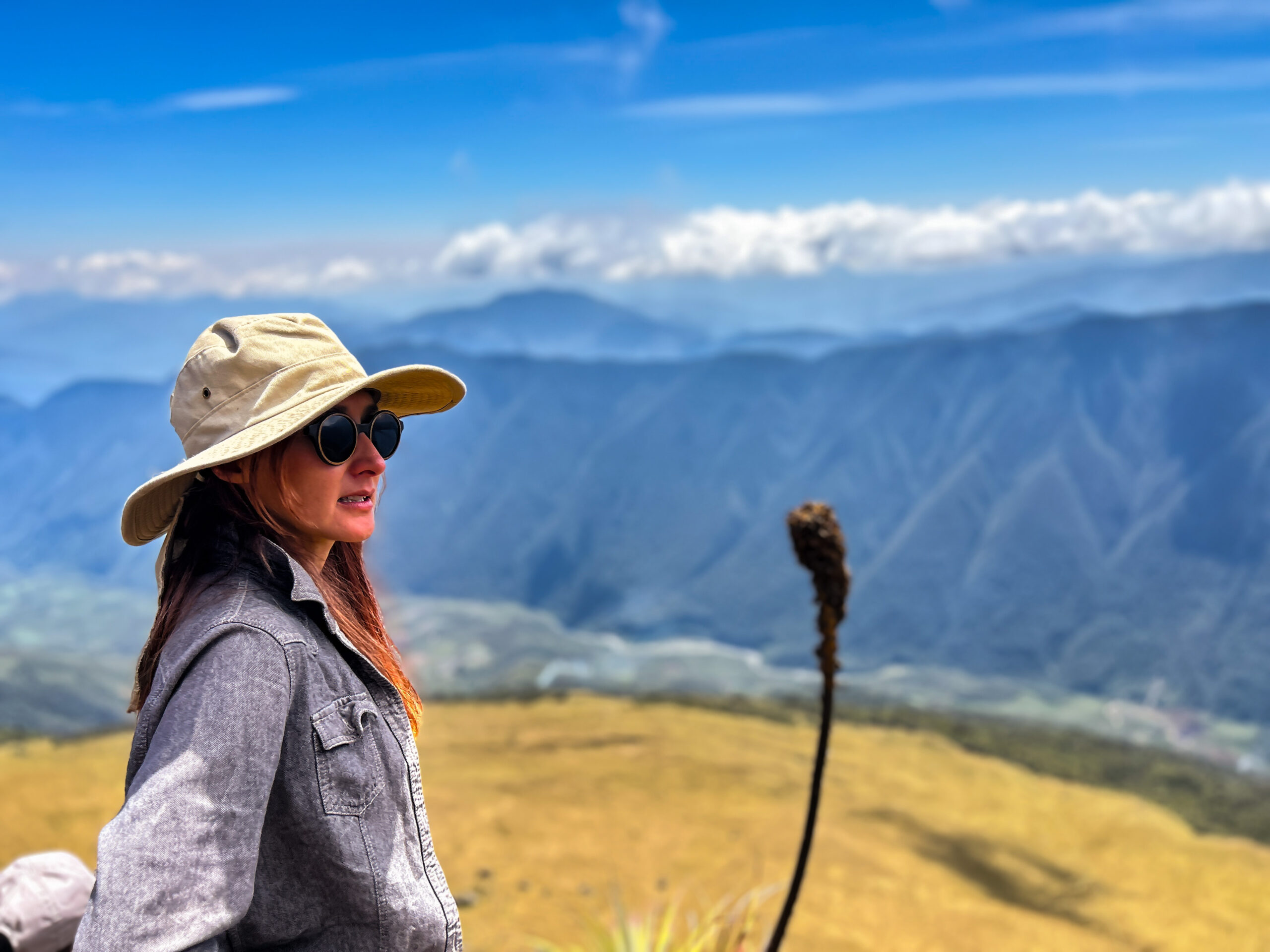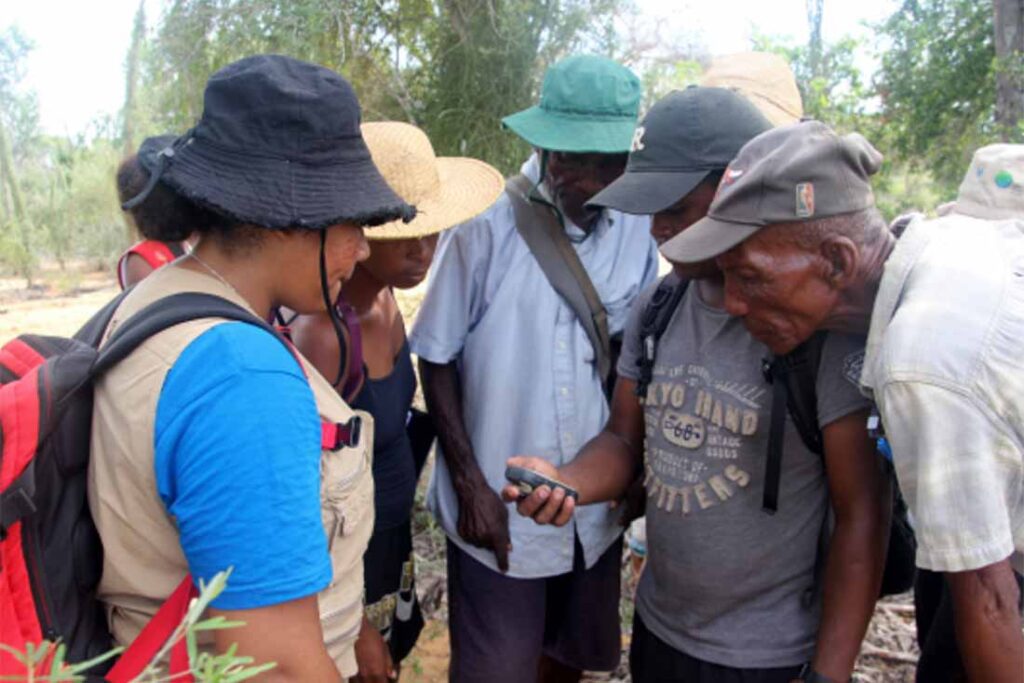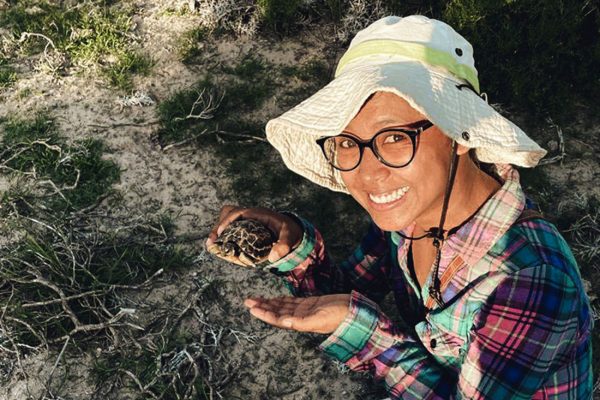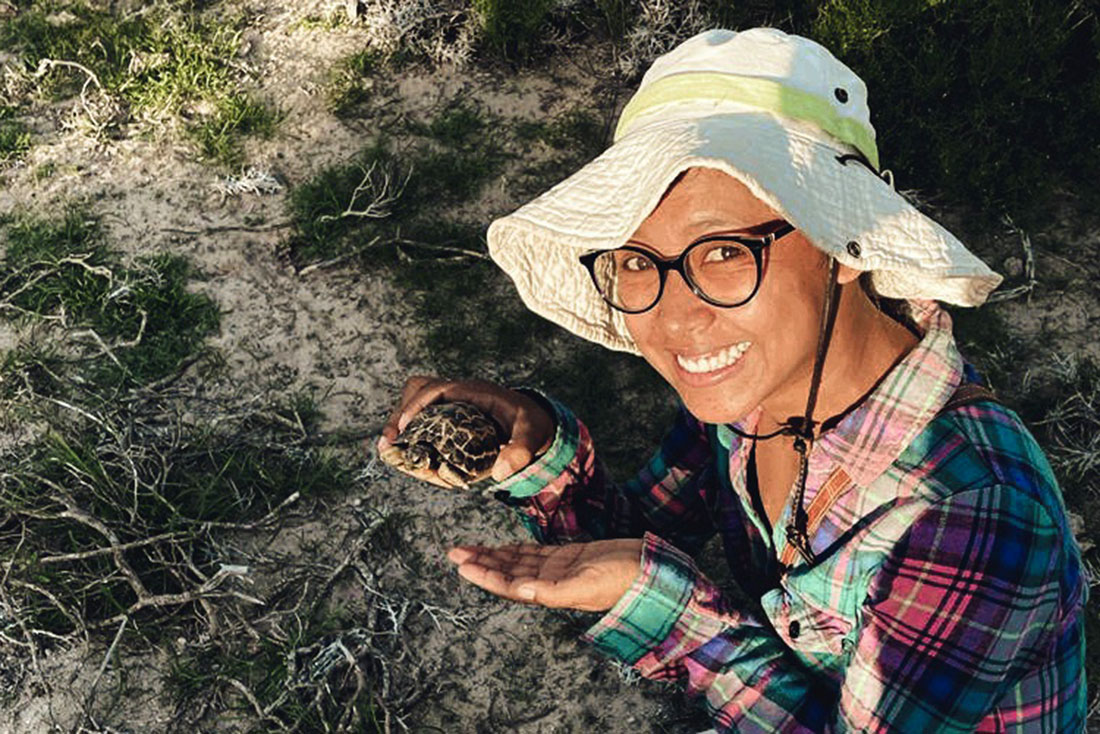A new Initiative to Teach Biodiversity Awareness in Schools
We should never underestimate the power of nature experiences for children. Time spent in nature is associated with improved mental wellness for kids.
In a groundbreaking effort to nurture environmental stewardship from an early age, a new initiative has been launched to educate children in Southwest Madagascar. At Elementary Public School in Manombo I, Manombo II, and Tsihaky, the new education program shows how human, animal, and environmental health are all connected.
The program introduces the “One Health” concept, which focuses on the critical importance of biodiversity and public health.
To make learning fun and memorable, we include creative activities. Kids are encouraged to draw forests, villages, animals, and the sea to express what they’ve learned about the environment. Thanks to the support of local schools, teachers, and communities, along with the help of Women Rise’s volunteers, this project has been a success.
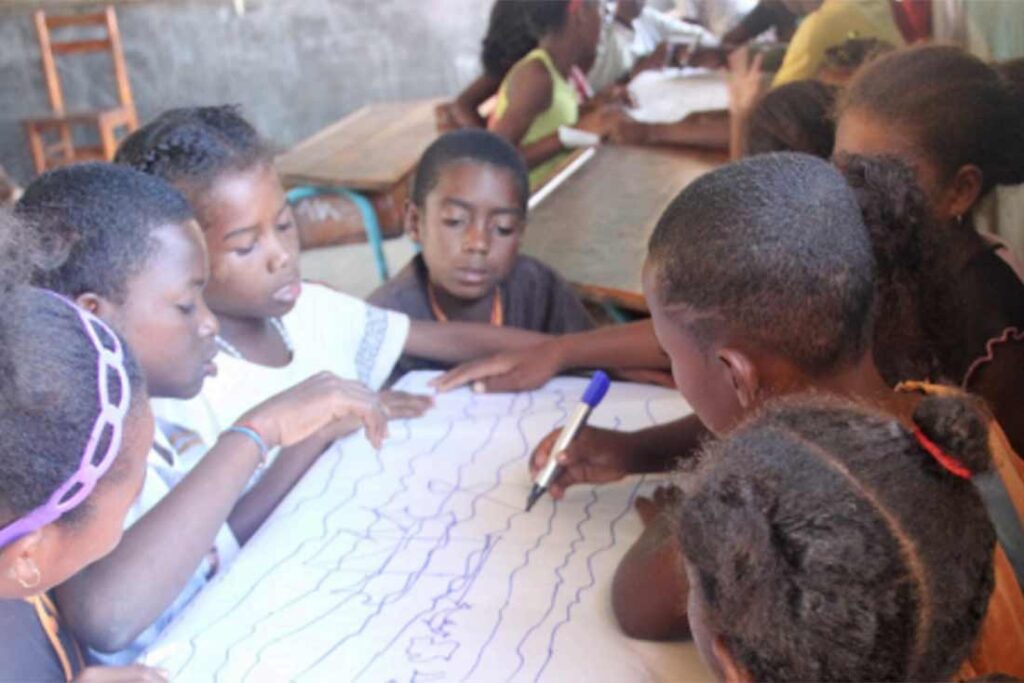
Training Programs for Community Members
Women Rise works closely with local communities to strengthen their capacity to be autonomous in protecting their forest and ecosystems.
In February and March 2024, a rigorous 3 week training program successfully equipped four members of the native Vezo people in Madagascar with skills in wildlife species inventory methods. The comprehensive training included both theoretical lessons and practical field sessions, significantly enhancing the participant’s ability to identify various species and utilize GPS technology for accurate data collection.
Conducted at three key sites—Manombo, Tsifota, and Marofoty—the training program aimed to provide CPA VEZO members with the necessary tools and knowledge to conduct systematic wildlife inventories. Participants were trained to:
- Identify Species: Intensive sessions covered birds, amphibians, reptiles, and lemurs identification.
- Utilize GPS Devices: Practical training on GPS manipulation for wildlife monitoring purposes.
- Collect Data: Learn how to do data collection accurately.
The training targeted three primary taxonomic groups: lemurs, herpetofauna, and birds, across nine transects. This focus ensured comprehensive coverage and in-depth learning for the participants.
In addition to the rainfall caused by the passage of the cyclone in the area, the team also faced challenges stemming from insecurity in the region. It was unfortunate to observe instances of illegal logging and unauthorized charcoal production within the protected area.
The training was led by Nambinina, the Research Assistant Coordinator at the NGO Women Rise, alongside biologists from the Faculty of Sciences and the Department of Zoology and Animal Biology at the University of Antananarivo.

